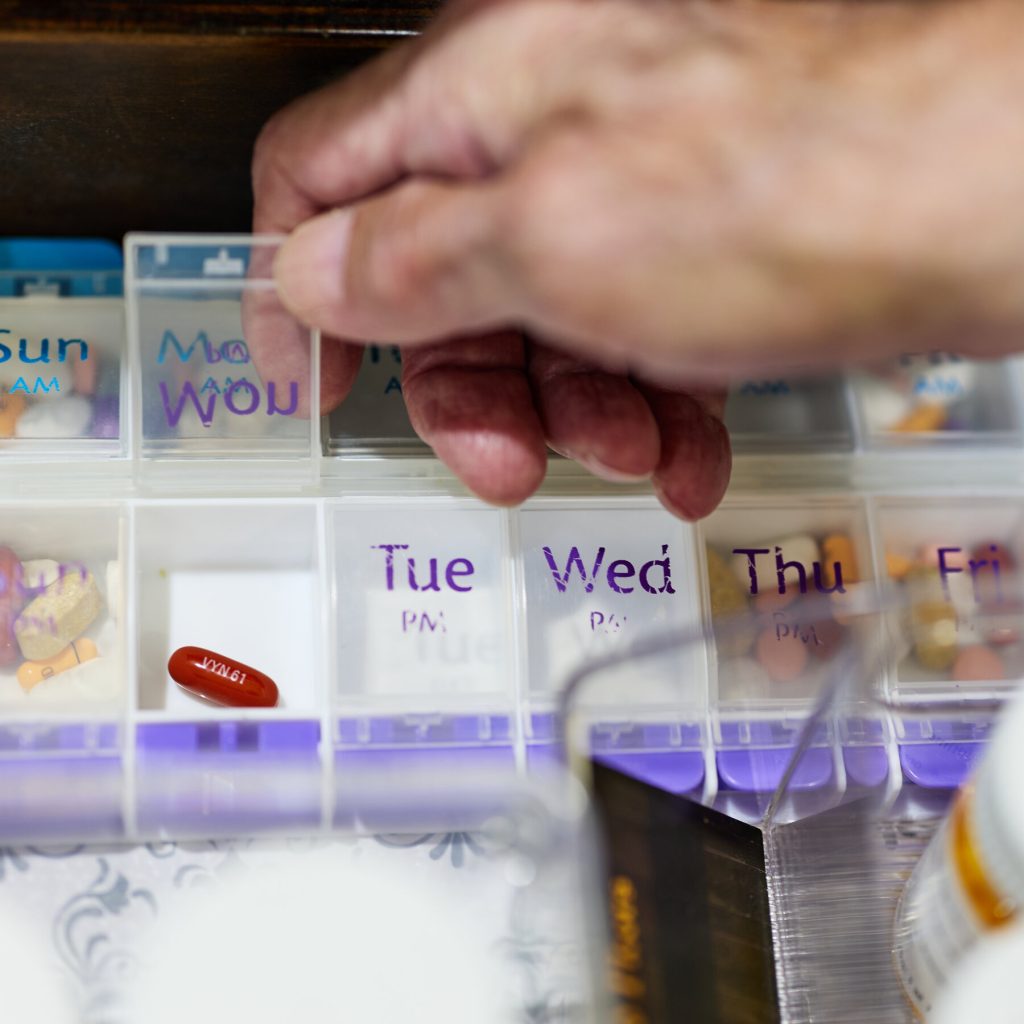How Trump’s Latest Tariffs May Affect Your Medicines

In a recent move, President Trump announced plans to impose a 100 percent tariff on certain brand-name drugs, sparking concerns about the potential impact on the pharmaceutical industry and, ultimately, consumers. While details are still emerging, here’s what we know so far about the proposed tariffs and how they might affect your medicines.
The tariffs, which are still in the proposal stage, would specifically target certain brand-name drugs, although the exact list of affected medications has not been disclosed. The President’s tweet on the matter stated that the tariffs would be imposed on “certain” brand-name drugs, suggesting that not all pharmaceuticals would be subject to the new levies.
The move appears to be part of the Trump administration’s broader efforts to address what it perceives as unfair trade practices and to bring down the prices of prescription medications. The President has long been vocal about his concerns regarding the high cost of prescription drugs, and the proposed tariffs are seen as a way to pressure pharmaceutical companies to lower their prices.
However, experts warn that the tariffs could have unintended consequences, including driving up costs for consumers and reducing access to certain medications. If pharmaceutical companies are forced to absorb the costs of the tariffs, they may pass those costs on to patients in the form of higher prices or reduced availability of certain drugs.
Moreover, the tariffs could also lead to retaliatory measures from other countries, potentially disrupting global supply chains and affecting the availability of certain medications. The pharmaceutical industry is a complex global network, and changes to trade policies can have far-reaching consequences.
While it’s still unclear which specific drugs would be affected by the tariffs, experts predict that the impact would be felt most acutely by patients taking brand-name medications for conditions such as cancer, diabetes, and autoimmune disorders. These medications are often expensive and may not have generic alternatives, leaving patients with limited treatment options.
The proposed tariffs are also likely to face opposition from pharmaceutical companies, which have long argued that the prices of their medications are driven up by a range of factors, including research and development costs, regulatory fees, and market competition.
As the proposal moves forward, lawmakers and industry stakeholders are likely to scrutinize the plan and its potential consequences. For now, patients and consumers are advised to stay informed and speak with their healthcare providers about any concerns they may have regarding their medications. The ongoing debate over prescription drug prices and trade policies is likely to continue, with potentially significant implications for the pharmaceutical industry and those who rely on it.



